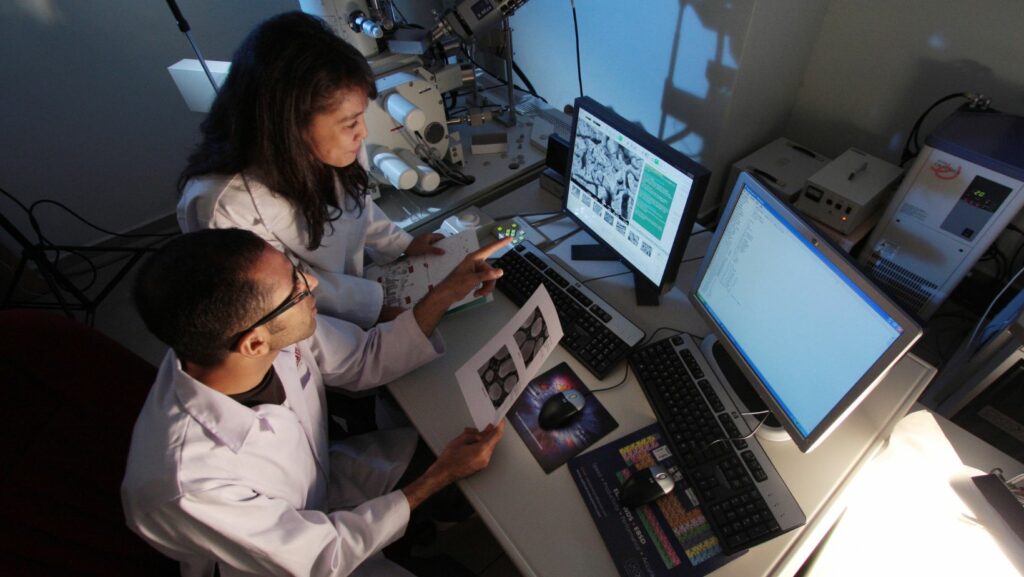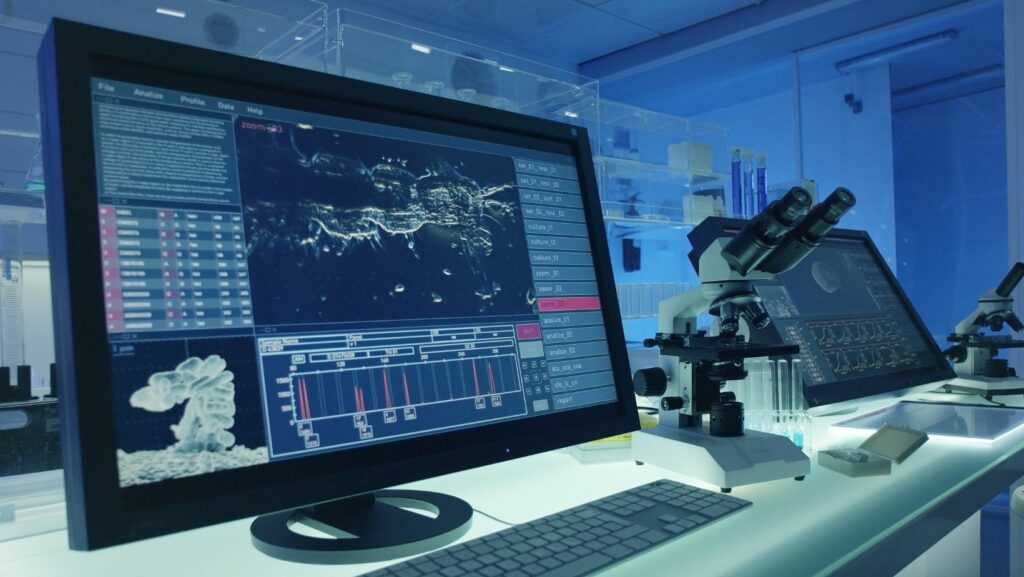Unlock Peak Performance with 1 Testosterone Hi Tech: Elevate Muscle Growth Safely and Effectively
In the world of fitness and bodybuilding, optimizing testosterone levels is crucial for achieving peak performance and muscle growth. One of the latest advancements in this arena is “1 Testosterone Hi-Tech,” a supplement designed to elevate testosterone levels safely and effectively. With the rise of interest in performance-enhancing products, understanding how this supplement works can […]










